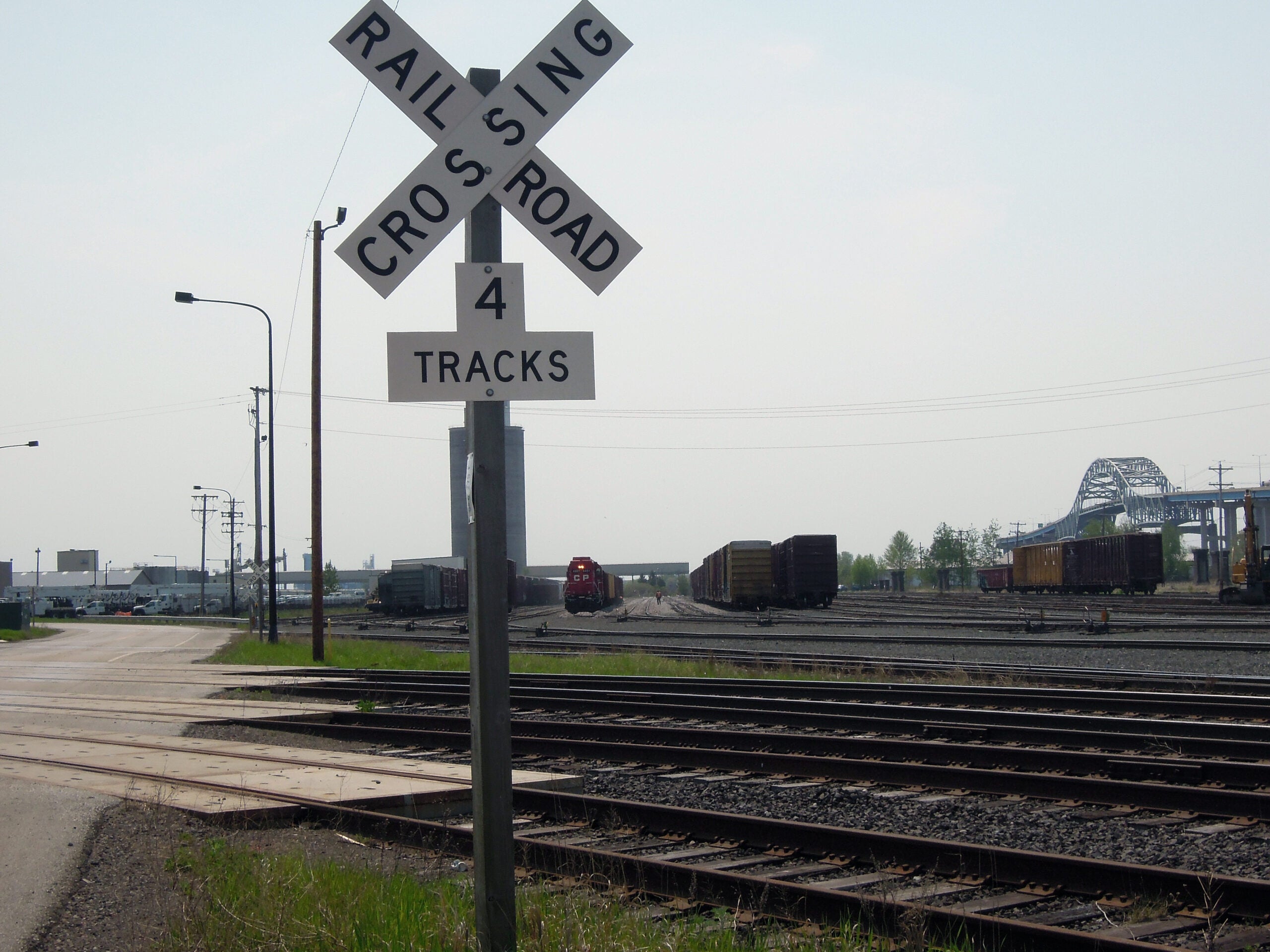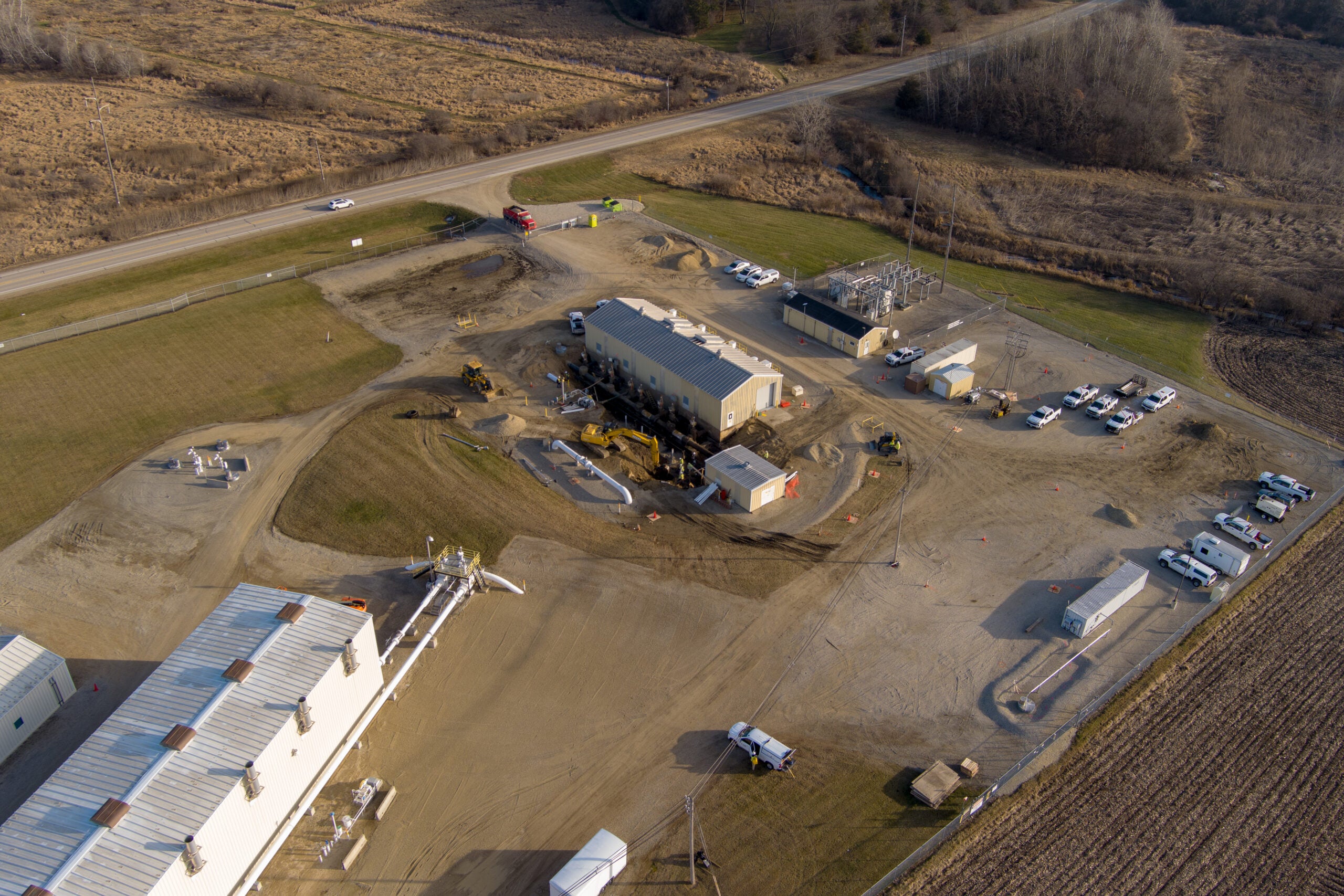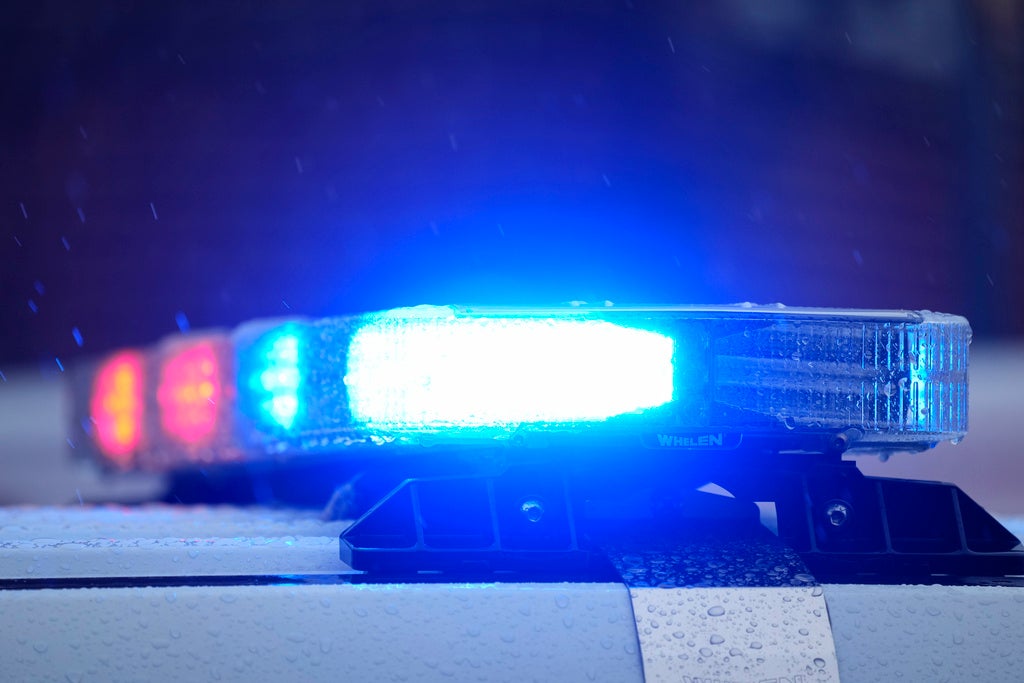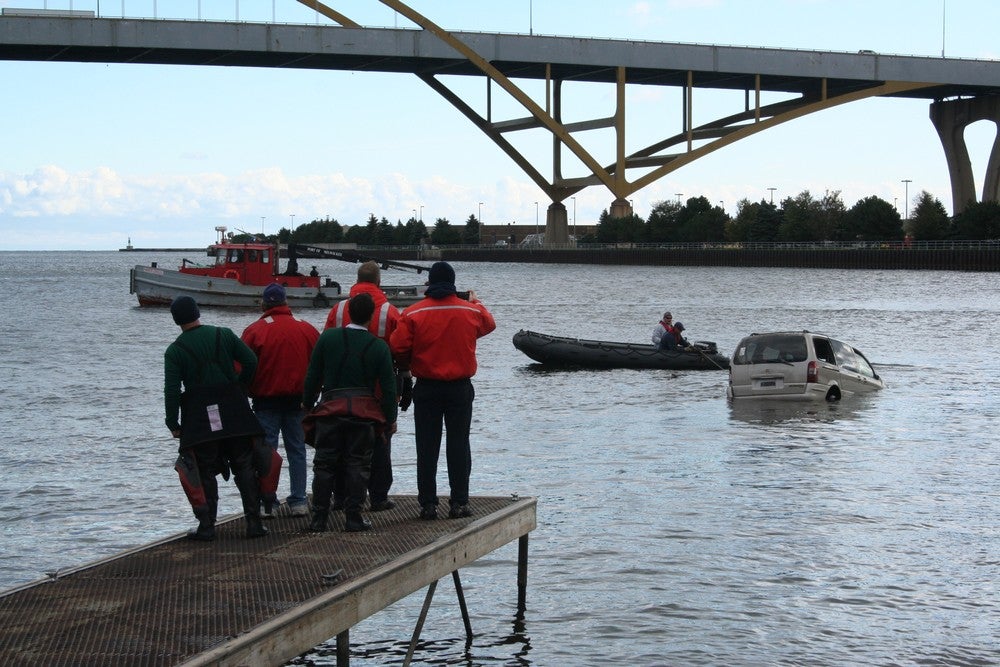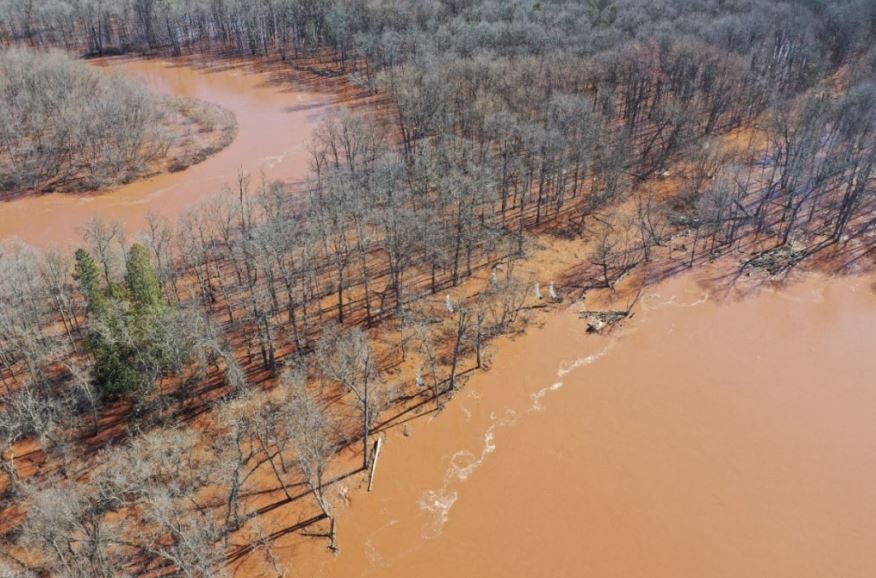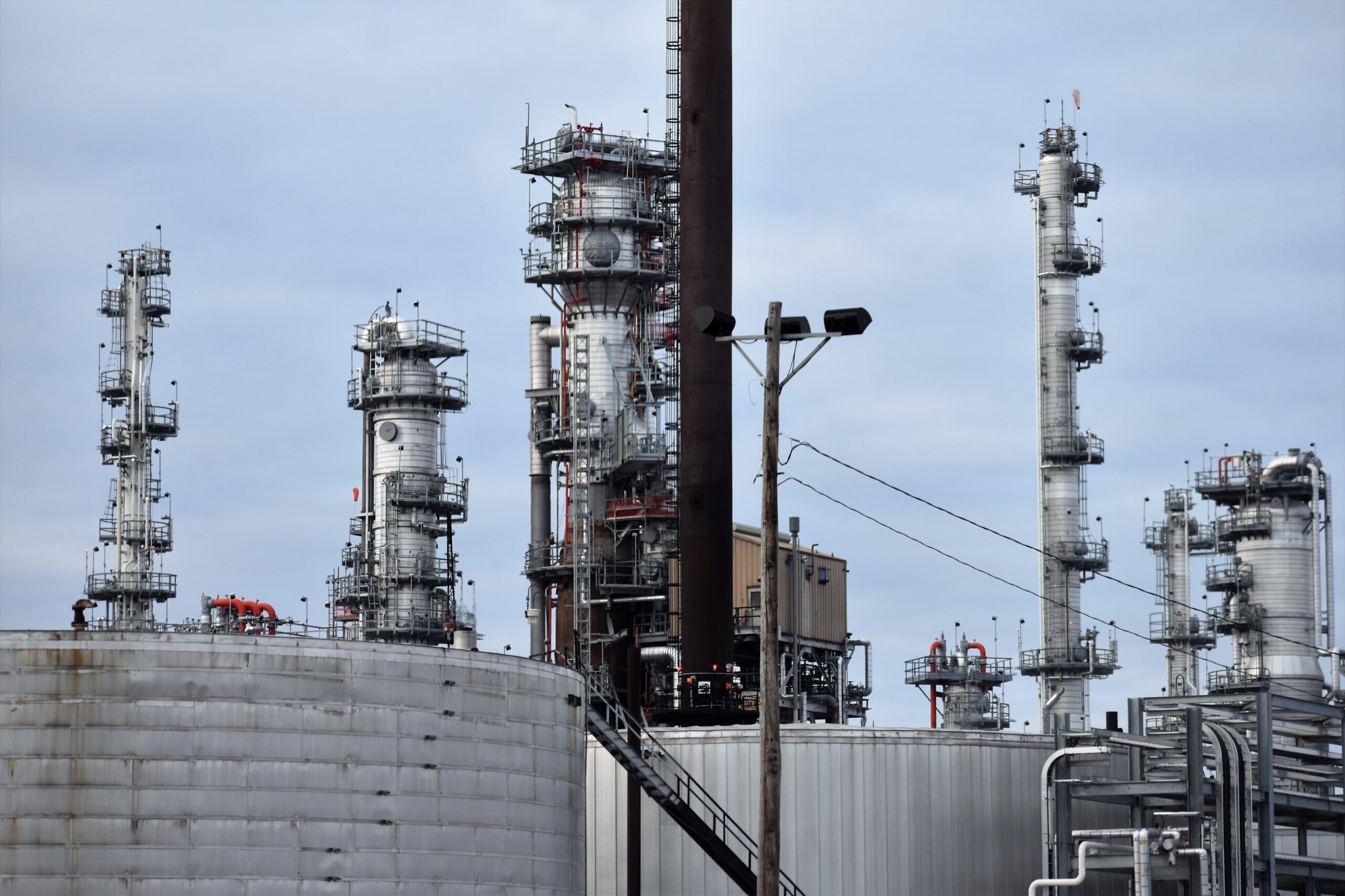Trains pass through Wisconsin communities each week carrying vast amounts of oil — some towing more than a million gallons of volatile Bakken crude. State emergency responders are gearing up for a FEMA training exercise this week in La Crosse to identify their ability to respond to — and recover from — oil spills.
Two decades ago, a broken rail line caused a BNSF train to derail in Superior, spilling nearly 22,000 gallons of benzene gas and crude into the nearby Nemadji River. More than 40,000 people were evacuated from their homes. At BNSF Railway’s Superior rail yard recently, spokeswoman Amy McBeth said much has changed since then.
“When it comes to derailment prevention, we’re investing in our infrastructure,” McBeth said. “We have stricter operating procedures when it comes to moving haz mat. We have wayside detectors. We have a lot of efforts we put in place to avoid incidents on the railroad.”
Stay informed on the latest news
Sign up for WPR’s email newsletter.
Around 30 to 40 oil trains pass through Wisconsin communities each week according to documents from several railroads filed with Wisconsin Emergency Management. Those trains typically have 100 rail cars carrying more than a million gallons of crude. Railroads have trained around 55,000 first responders since the mid-1980s, according to the Association of American Railroads. McBeth said BNSF trained 8,500 along their routes last year to prepare for the worst.
“If an incident happens on our railroad, we’re responsible for that and we want to be prepared and we take very seriously those partnerships with the local first responders,” she said.
Superior Fire Battalion Chief Scott Gordon said BNSF paid to send 23 of their firefighters to a Colorado training center last year where they got a crash course in crude oil and how it burns. He said it was an eye-opener.

BNSF paid to send 23 Superior firefighters to a railroad training center in Colorado. Courtesy of Scott Gordon
“Specialized equipment is needed to put out these fires — our fire trucks are designed to put out residential fires — and foam. It all boils down to the foam. In order to apply the foam, you’re talking about tens of thousands of gallons,” Gordon explained.
Superior has far less than that; around 500 gallons. Wisconsin Emergency Management spokeswoman Lori Getter said they have a cache of foam stored at Camp Douglas so they can move it to other communities if needed. She said 1,100 first responders received hazardous materials training last year.
“There’s a lot of attention, and rightfully so, regarding the Bakken oil but we have hazardous materials, chemicals transported not only on rail but on our highways every day and we have to ensure our first responders are ready for anything,” Getter said.
The goal is not only to be ready, but prevent derailments by spotting trouble on the tracks early through inspections, according to Wisconsin Railroad Commissioner Jeff Plale. He said his office could use more than the one inspector to they currently have to cover roughly 3,000 miles of track in the state.
Railroad Commissioner Jeff Plale speaking as part of a statewide rail safety tour. Danielle Kaeding
“The volume isn’t going down. The frequency isn’t going down. The amount of rail in the state is only going up. We need to be prepared,” said Plale. “We’ve been very fortunate — knock wood — that we have not had the fiery accidents that other states had. But, that’s not to say we couldn’t.”
Amid concerns over increasing oil shipments and derailments, the U.S. Department of Transportation released new rail car standards last month to improve safety. But, Wisconsin U.S. Sen. Tammy Baldwin said they don’t go far enough. She said communities should be notified when hazardous materials are traveling through their communities.
“Our communities are placed at risk while others are profiting and we should be assured that our communities are going to be safe when this oil passes through,” Baldwin said.
Superior Battalion Chief Scott Gordon said they know a lot more than they did a year ago, but there’s still work to be done. On a scale of one to 10, he rated their readiness at a five.
Editor’s note: An earlier version of this story incorrectly labeled a photo of a railroad crossing. The crossing is in Duluth, not Superior. It has been updated.
Wisconsin Public Radio, © Copyright 2025, Board of Regents of the University of Wisconsin System and Wisconsin Educational Communications Board.
